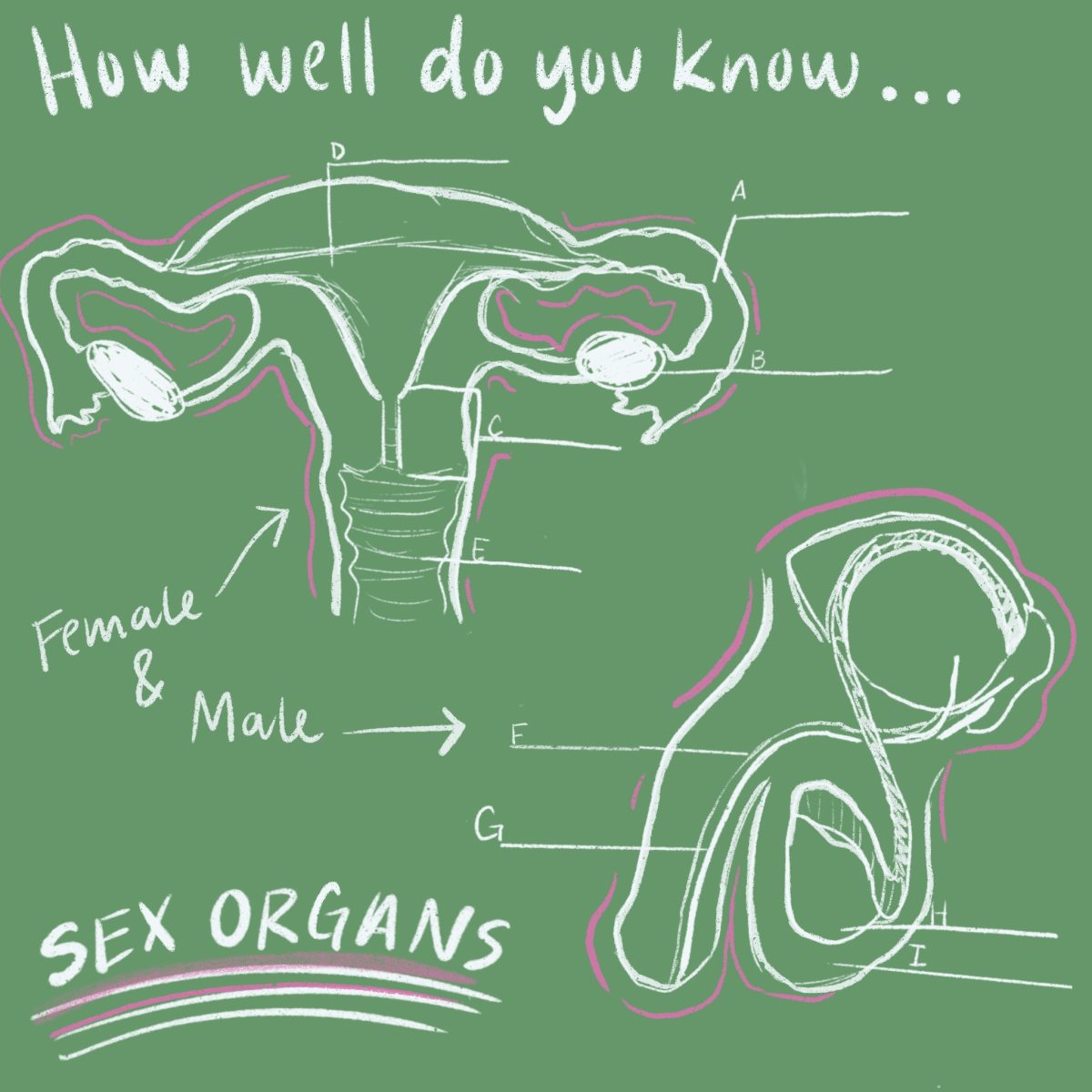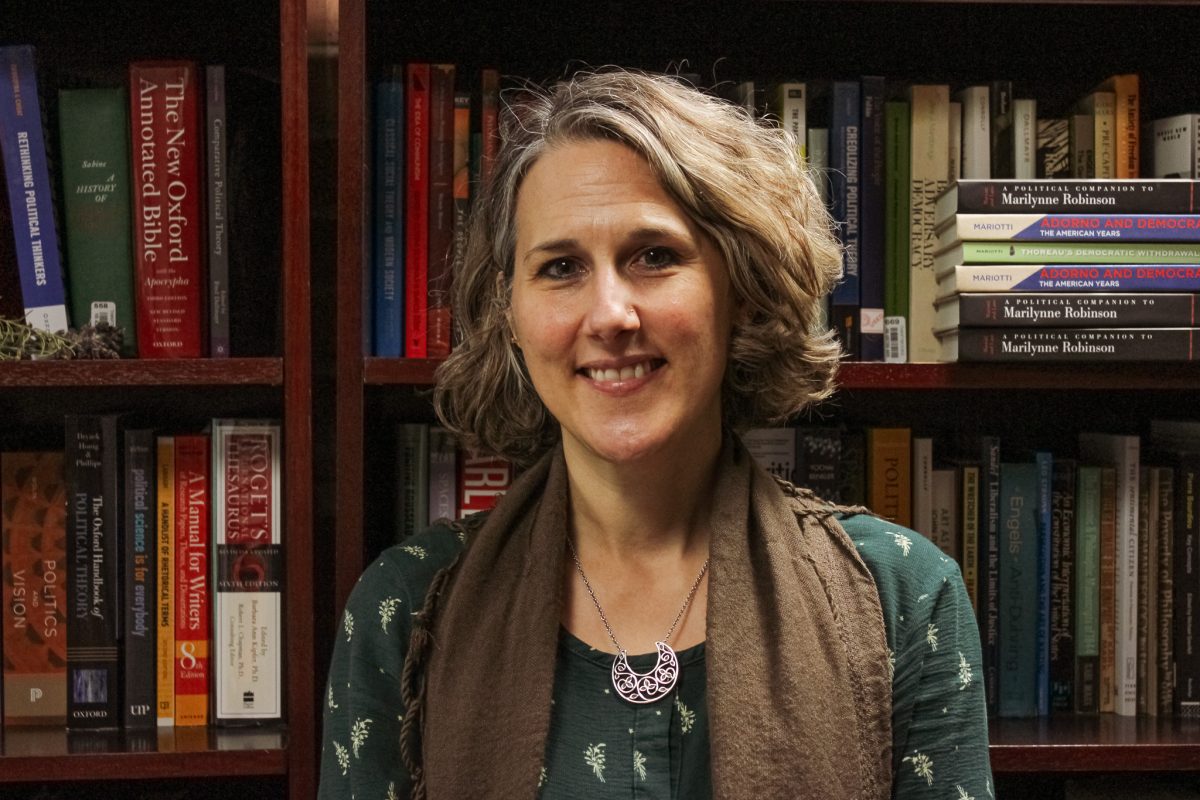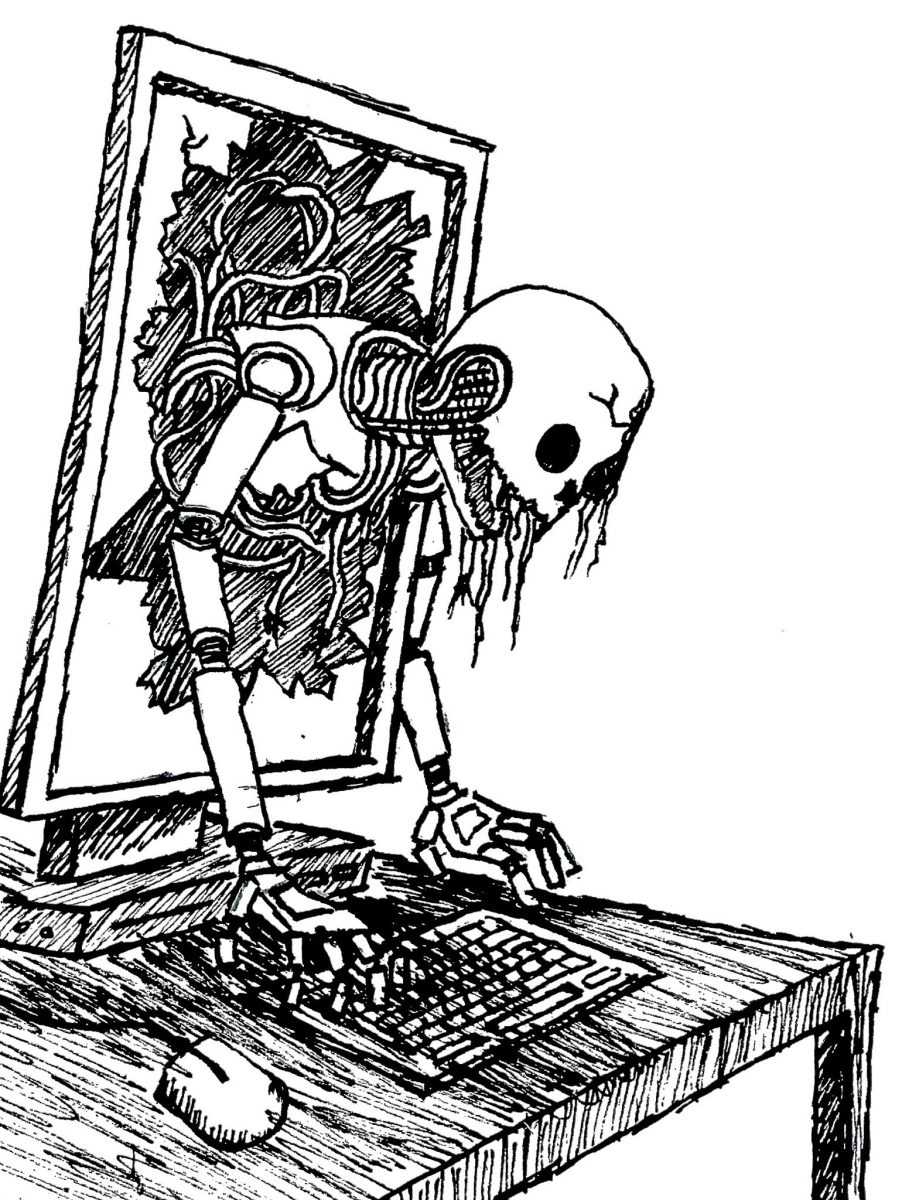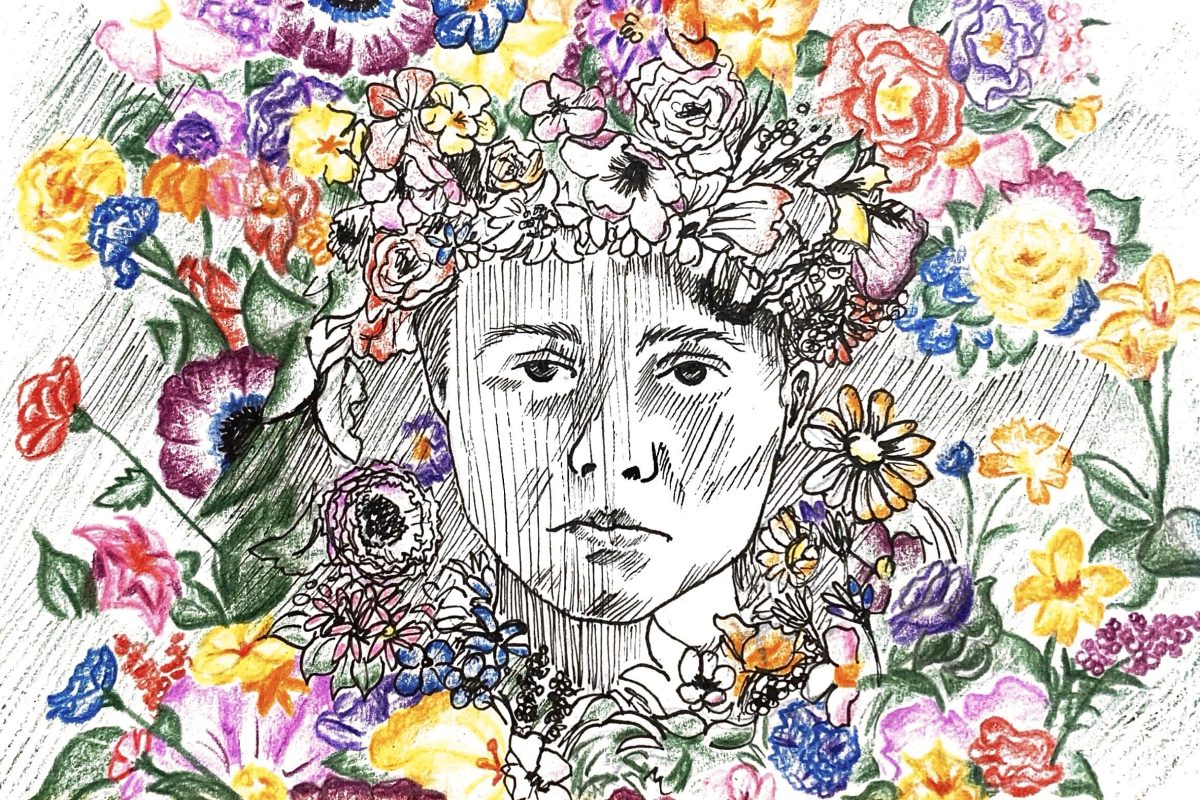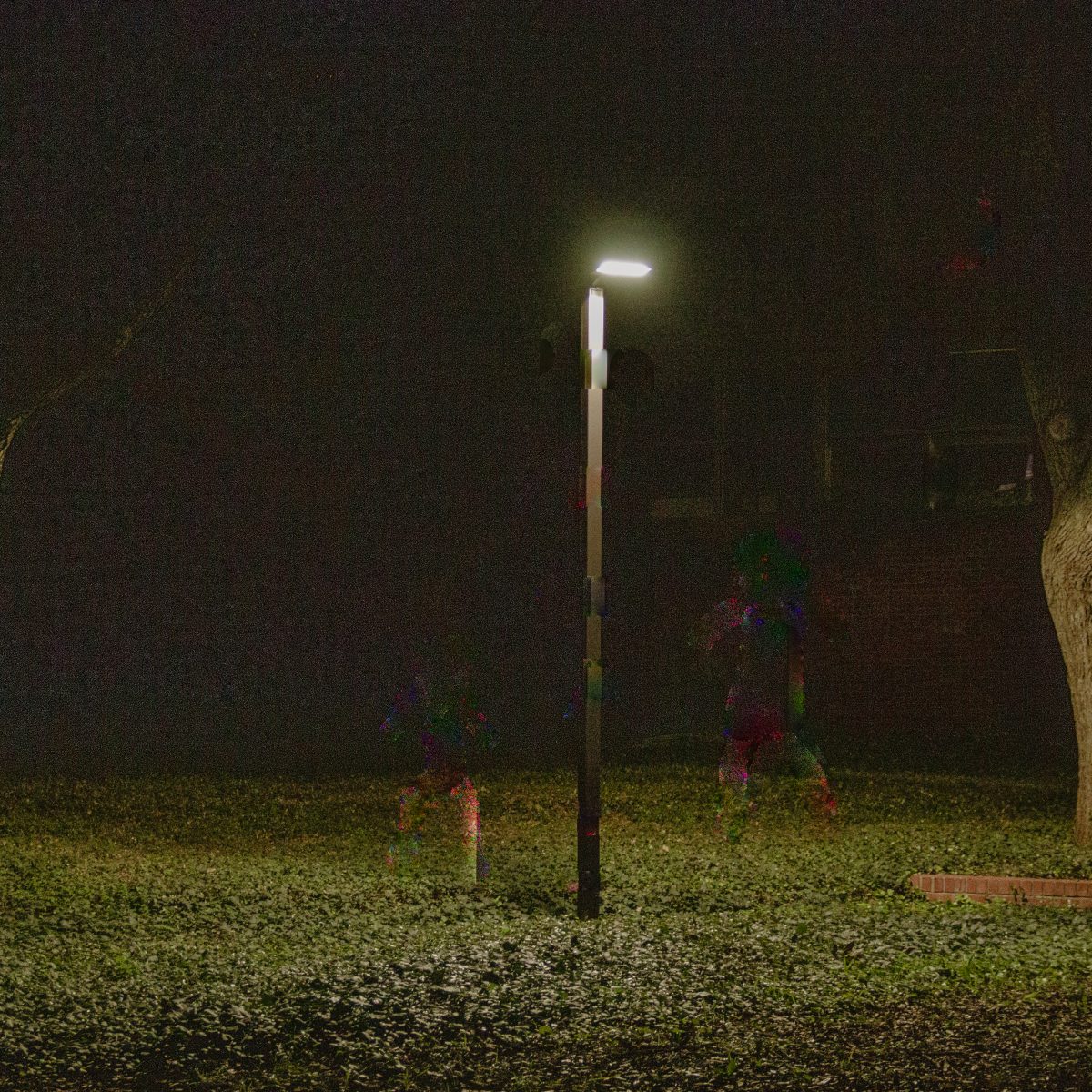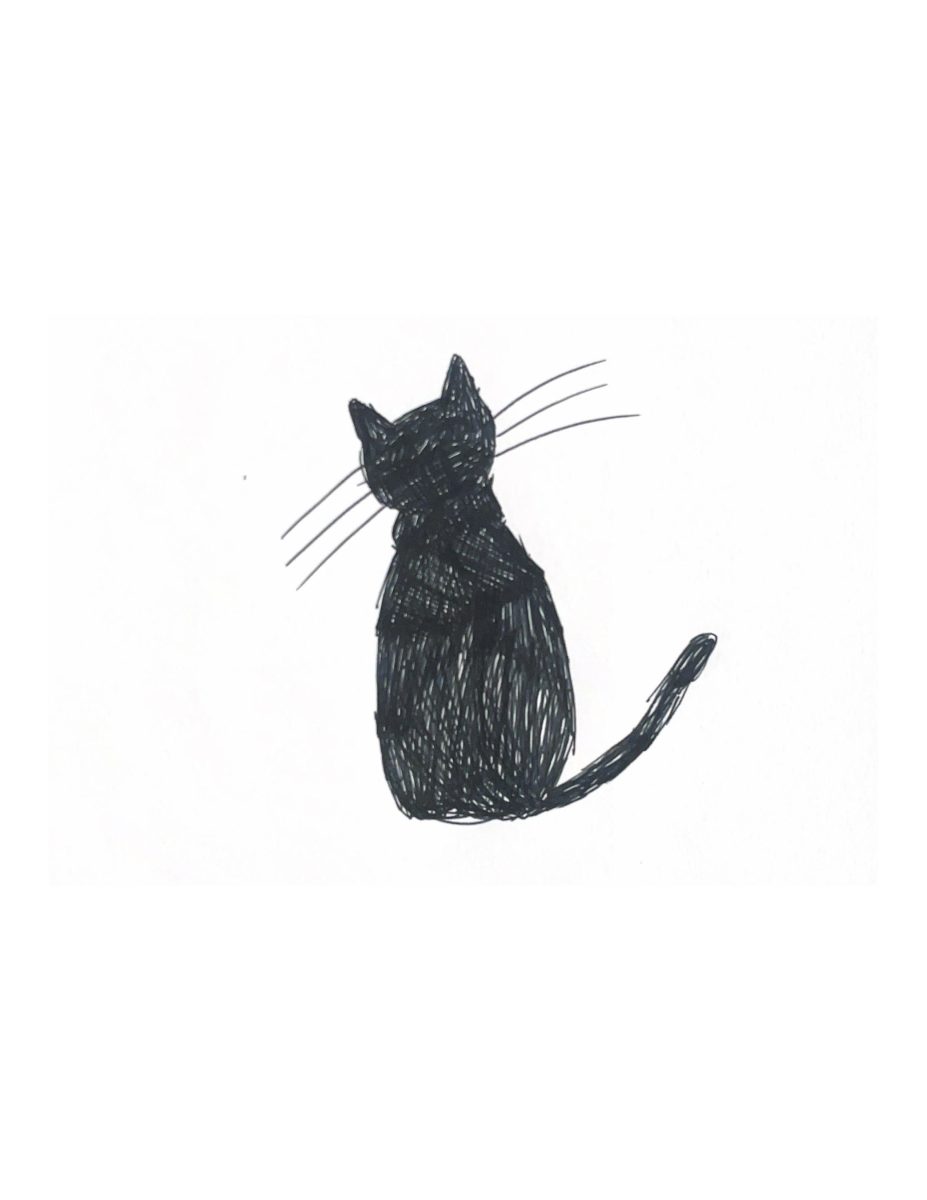Alex Gallin-Parisi, outreach and engagement librarian, noticed a lack of comprehensive sexual education for students on campus. Later this semester, she’ll go through the process to mend that.
“Over my almost 13 years at Trinity, I’ve had many students come to me in my capacity as a librarian and asked me questions that had to do with sexual health or where to find sexual health information,” Gallin-Parisi said.
Gallin-Parisi is starting an online graduate Sexual Health Certificate Program through the University of Michigan later this semester. The program is about sexuality education and curriculum development for sexuality education. With a formal education program in her arsenal, she’ll be on the way to implement some form of a sexual educational course on Trinity’s campus.
“I feel like it’s really important that I get the academic training that I need not only to deliver correct, accurate and up-to-date content, but also that I am teaching it in the most effective intersectional respectful manner possible,” Gallin-Parisi said.
According to the Sexuality Information and Education Council of the United States, in Texas, the standards for sexual education in schools include analyzing contraception, abstinence, the facts associated with STIs and emotional trauma connected to adolescent sexual activity. Avery Case, sophomore political science major, experienced limited sex education in Texas schools and sees a college course as a way to take ownership of one’s learning.
“Most of my sex education I had to do online by myself,” Case said. “[A course] would also allow more freedom because you won’t be so restricted because you’re not seen as a kid. You’re seen as a growing adult.”
The Texas standards for sexual education are limited in what they can teach students. Sarah Erickson, associate professor of communication and co-director of women’s and gender studies (WAGS), believes there is a need to fill in gaps about the complexities within sex education.
“The focus is almost always entirely on how not to get pregnant and avoid STIs, but sexual health is a much broader field than that,” Erickson said. “Not just all the scary things about sexuality, but also the reasons that sexuality is such an important part of the human experience.”
On-campus wellness services are available for student use such as the women’s resource center, health services and counseling services. Marlaina Widmann, assistant director of wellness services, noted that there are various facets of student wellness.
“We need to have multiple approaches to each issue to make a difference. What Wellness Services provides is complementary to other services offered on campus,” Widmann wrote in an email. “Wellness cannot be only the responsibility of Wellness Services, it must be infused in all areas of campus to truly impact student wellness.”
While Gallin-Parisi is hoping for a course about sex education to be available for students to take, she hasn’t solidified the process yet. Right now, Gallin-Parisi is focusing on getting the education and resources to prepare for teaching a sexual education course at Trinity.
“I’m planning on spending the next year doing a lot of research and reading as well as meeting with local AASECT-certified [American Association of Sexuality, Educators, Counselors and Therapists] sexuality educators,” Gallin-Parisi said. “My goal would be that five years down the line, we would have maybe a Gen[eral] Ed[ucation course], maybe a WAGS course. But we would have a course that would be optional and be open to students [of all years and all majors].”
Erickson sees a possibility for a relationship between Gallin-Parisi’s initiative and WAGS. Since this project is still in the very early stages, it is still uncertain what kind of on-campus partners Gallin-Parisi will have. The WAGS programming is not set in stone, but Erickson noted that WAGS is supportive of the initiative and hopes that there could be a collaboration in the future.
“I want to do this because I think that it’s addressing student needs, and I feel like before students go out into the world and into their full adulthood, it’s our responsibility as a liberal arts school to be making sure that they have a good holistic knowledge about what it means to be a sexual being in the world in the 21st century,” Gallin-Parisi said.
Categories:
A dream for now: Trinity’s future with sex ed
Library liaison Alex Gallin-Parisi hopes to implement sexual education curriculum
More to Discover
About the Contributor
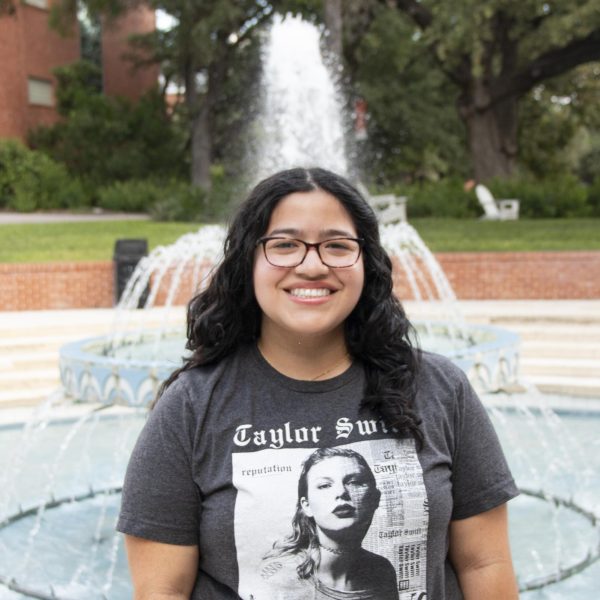
Monica Martinez, News Reporter
Hi! My name is Monica Martinez (she/her), and I’m a Junior human resource management and communication double major. I am a news reporter for the Trinitonian and I love cats! I’m a trumpet player in Trinity’s new mariachi ensemble, a TU student ambassador, and I’m the VP of administration for our new society of human resources (SHRM) chapter. When I'm not studying, I enjoy listening to Taylor Swift and crocheting if time permits. I joined the Trinitonian to learn more about my campus community and write about the issues and events that affect the student body.

